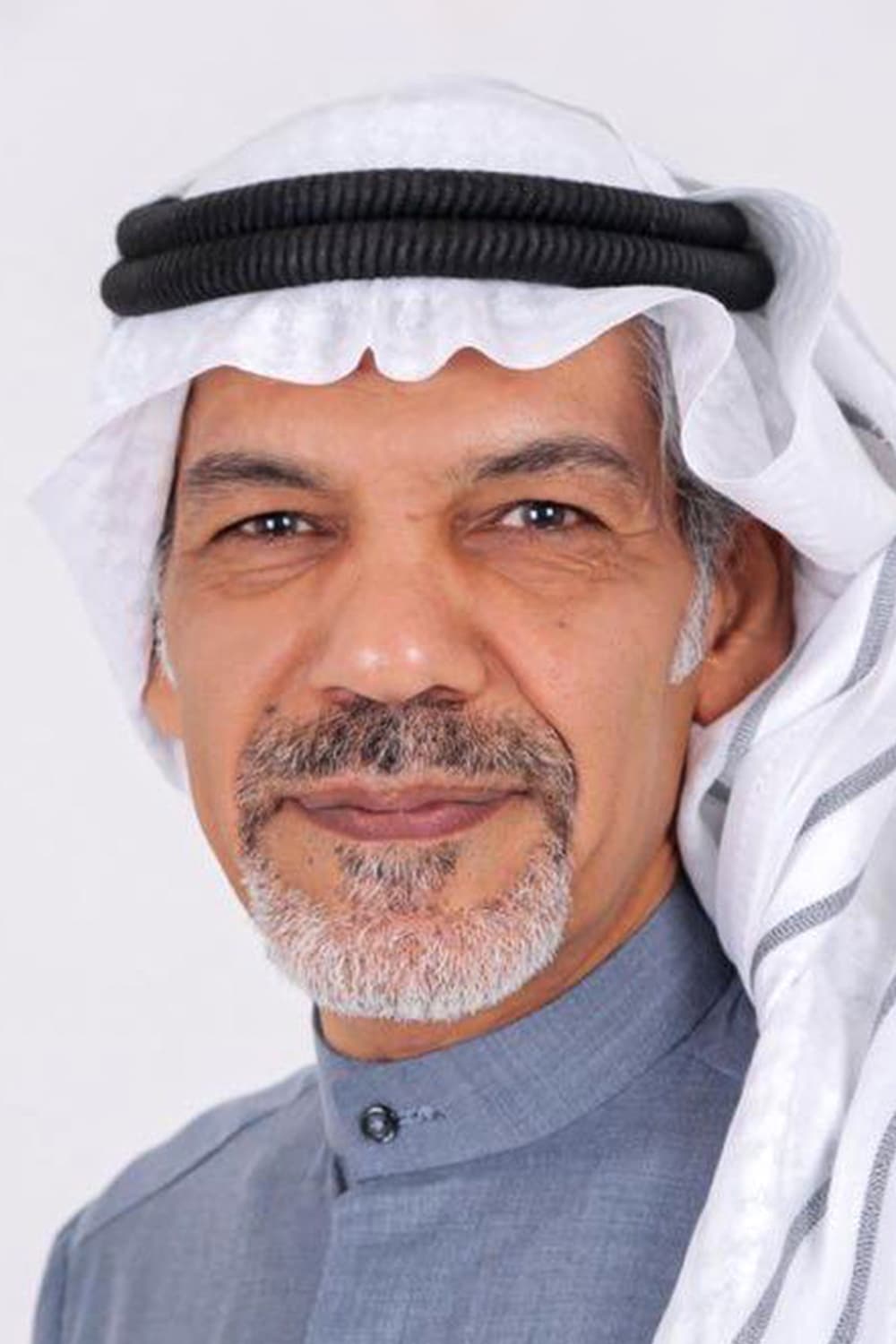

A Saudi actor, producer and poet, (born in 1964 AD), worked in theater, cinema and television. He was famous for his complex and difficult roles. Among the characters that Sheikh Abdul Malik was famous for in the Akon Awla series, his artistic career began in the theater in 1980 through the Saudi Justice Club Theater He writes popular and lyrical poetry and some voices in the Gulf sang to him, including the Kuwaiti singer Nawal in a song that promised me joy and the Saudi singer Adel Al-Khamis. He has recently achieved wide repercussions in cinema, and most of his participation won many local, Arab and international awards, to become a cinematic icon who has inspired many interested people, critics and the public.